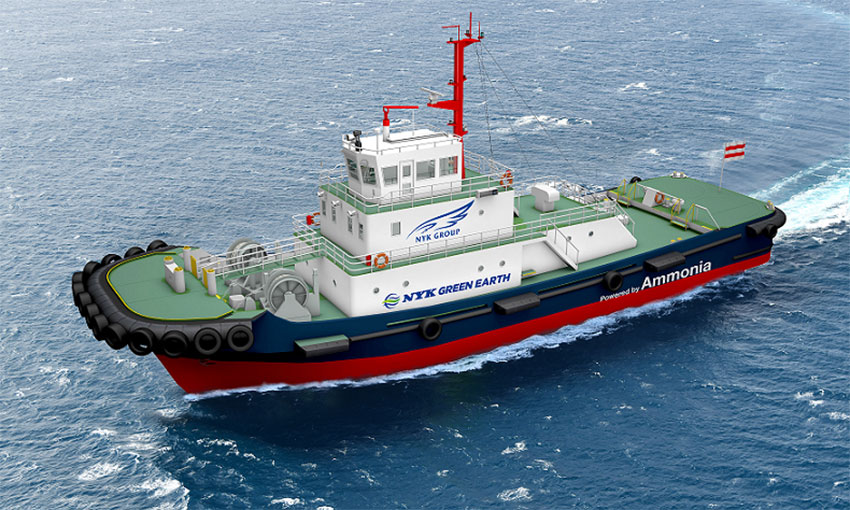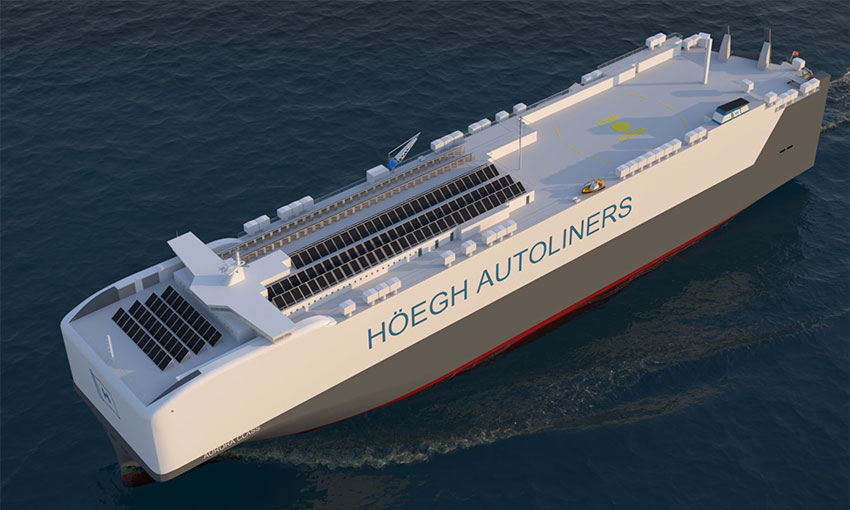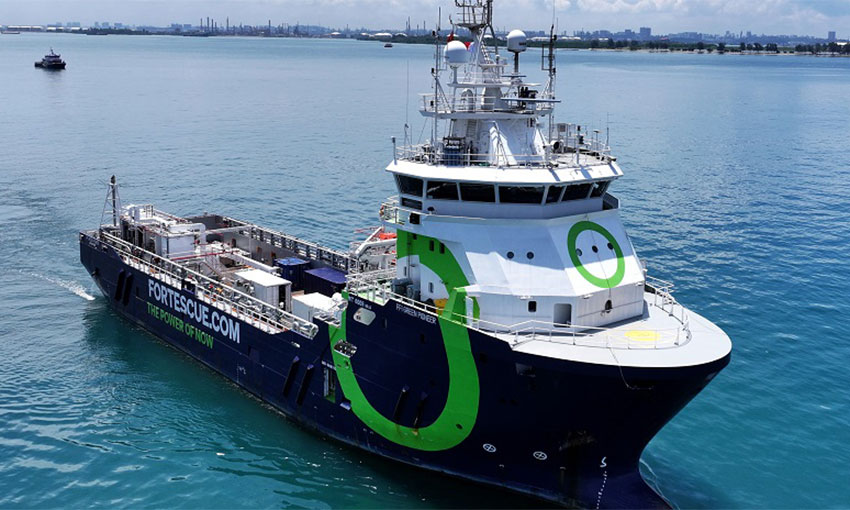NYK Line has partnered with the Global Centre for Maritime Decarbonisation to boost the centre’s capacity to trial ammonia as a marine fuel.
GCMD and NYK signed a five-year strategic partnership agreement that would see the shipowner and decarbonisation centre conduct pilot projects involving low-carbon fuels.
The partners noted NYK was the first shipping company in Japan to independently obtain an approval in principle for an ammonia bunkering vessel from ClassNK.
They said it is also on track to retrofit Sakigake, an LNG-fuelled tugboat, with an ammonia-fuelled engine. The ammonia-fuelled tug is expected to commence operations in 2024.
NYK said it is also working with partner companies to deliver an ammonia-fuelled ammonia gas carrier by 2026.
GCMD CEO Lynn Loo said NYK has a strong commitment to decarbonisation and Japan’s standing as a maritime nation.
“This strategic partnership agreement with NYK formalises and strengthens our existing relations in working on low-carbon solutions for international shipping,” she said.
“We look forward to levelling up the engagement with NYK to further accelerate collective efforts towards shipping’s decarbonisation.”
NYK president and CEO Takaya Soga said NYK was honoured to be GCMD’s strategic partner.
“I am very confident that this partnership will greatly empower our efforts to reduce GHG emissions from the maritime sector,” he said.
“Through the partnership, I am looking forward to co-operating with GCMD and all its partners to realise the widespread social implementation of various decarbonisation solutions in our industry.”
NYK was one of the 22 study partners that participated in the GCMD-commissioned ammonia bunkering pilot safety study, published in April.
GCMD said NYK contributed significantly to the study by sharing learnings from its experience with ammonia.
The study found more than 400 ammonia-related risks based on operational concepts in the port of Singapore, but concluded those risks were either low or mitigable.
It suggested Singapore would be ready for ammonia-bunkering by the end of 2023, a timeline the Maritime and Port Authority of Singapore recently described as unrealistic.





